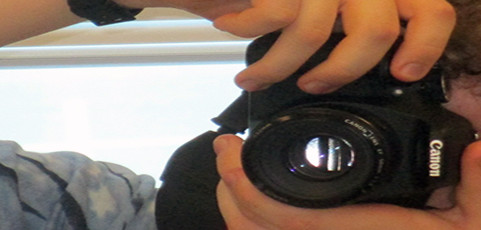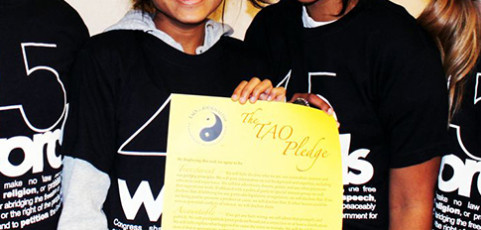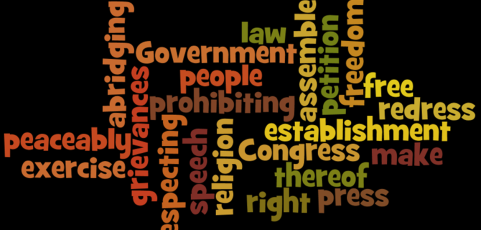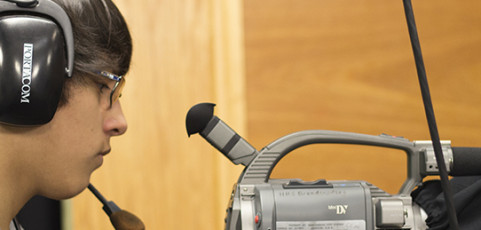Codes of Ethics for advisers as established by the Journalism Education Association:
• Model standards of professional journalistic conduct to students, administrators and others.
• Empower students to make decisions of style, structure and content by creating a learning atmosphere where students will actively practice critical thinking and decision making.
• Encourage students to seek out points of view and to explore a variety of information sources in their decision making.
• Support and defend a free, robust and active forum for student expression without prior review or restraint.
• Emphasize the importance of accuracy, balance and clarity in all aspects of news gathering and reporting.
• Show trust in students as they carry out their responsibilities by encouraging and supporting them in a caring learning environment.
• Remain informed on press rights and responsibilities.
• Advise, not act as censors or decision makers.
• Display professional and personal integrity in situations which might be construed as potential conflicts of interest.
• Support free expression for others in local and larger communities.
• Model effective communications skills by continuously updating knowledge of media education.







